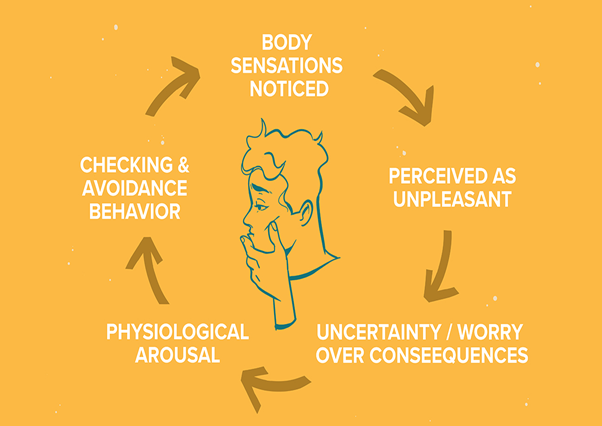By Ilias Siakaras,
First of all, there is a classification that has to be broached, in order to have a better viewpoint of the complex matter:
I) Panic disorder: Spontaneous panic attacks are rare at best, before puberty. For progressive forms of the condition, the typical developmental history involves the onset of solitary spontaneous panic attacks around adolescence, followed by recurrent panic attacks, and finally agoraphobia in adulthood. This process can take years to unfold across maturation from adolescence to maturity.
II) Social anxiety: This condition typically develops in late childhood or early adolescence. Shyness or other subclinical behavioral traits, such as temperamental types, are linked to the condition.
The reason why this distinguish highlighted is being related to the fact that a lot of people mix up the definition of anxiety with panic disorder. A mistake that often happens (e.g., suggesting to a friend that only through discussion with a friend such issues will be outfaced), since these terms are being used in the field of psychology and the complexity that surrounds every word in its usage, elicits people to the aforementioned mistakes.

An important point to remember is that anxiety symptoms can ruin a person’s life. You need to determine how to get through and overcome it adequately. The symptoms themselves will vary depending on your age. The most basic way of going about it is to talk over the problem with a friend, meditate, or perhaps go out and walk around.
It is possible that you or someone you know who has an anxiety problem will develop another disorder. Whether it’s depression, panic disorder, or obsessive-compulsive disorder, you should recognize them all; aside from that, you’ll have to deal with anxiety symptoms in some way. If talking to someone else doesn’t help, or you don’t want to work with others, a decent self-help book is a fantastic option. Scholars and doctors around the world have written many interesting books about handling problems with anxiety disorder.
Similar to any other situation, stressful or not, it is undoubtedly for the benefit of humankind to not hurry but approach it as an inherent characteristic of life’s complicated nature. Anxiety-related symptoms can be extremely overwhelming. It might be a child dealing with school-related problems, or a full-grown adult, it is vital that the aforementioned signs have to be acknowledged and addressed. Anxiety is a stress reaction in and of itself, but when it becomes incapacitating, it needs to be treated. Everyone is created equal, and everyone deserves to enjoy a life free of anxiety.
References
- Worries Sick Health Anxiety and the Do-I-Have-This Disorder, healthline, Available here
- Health Anxiety (Hypochondria), healthline, Available here
- Panic Problems Can Be Improved Eternally, anxietyattackssymptoms, Available here




